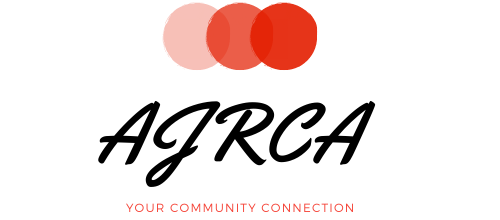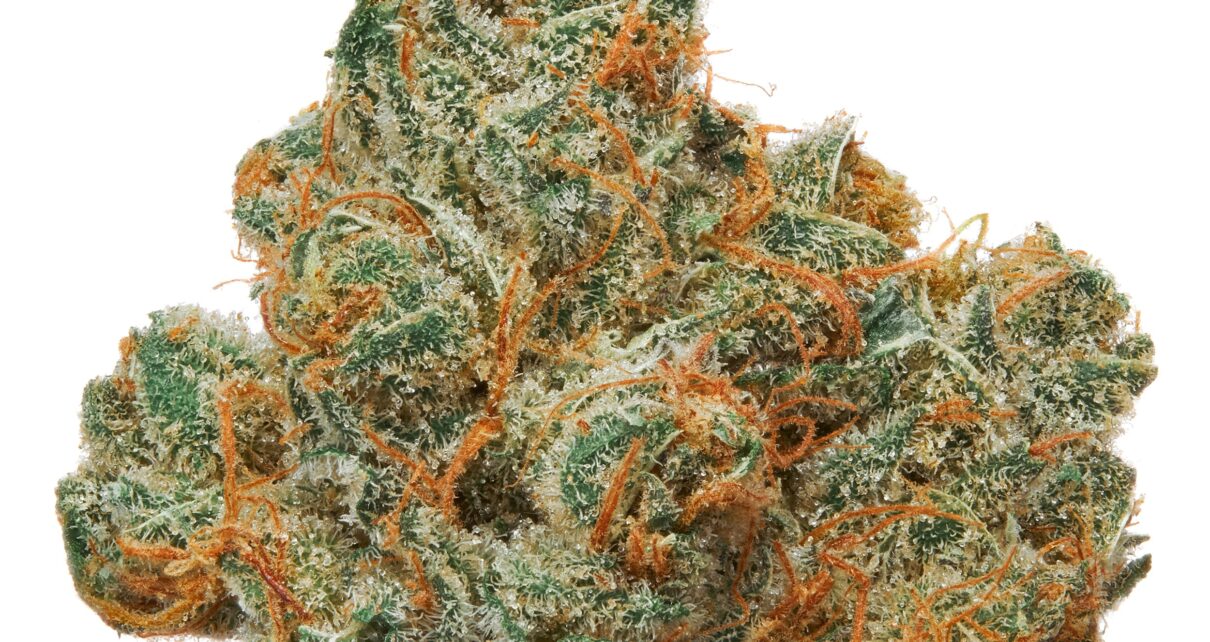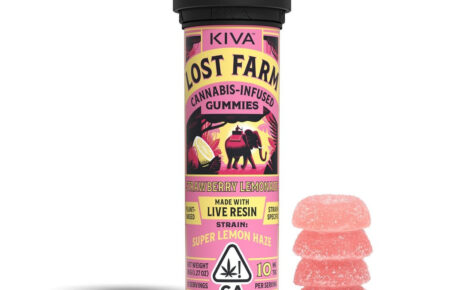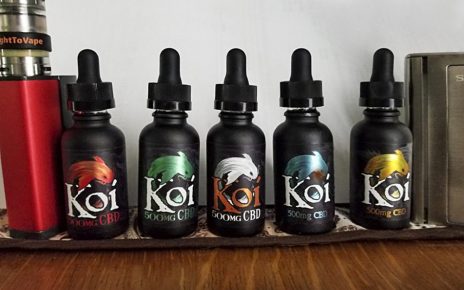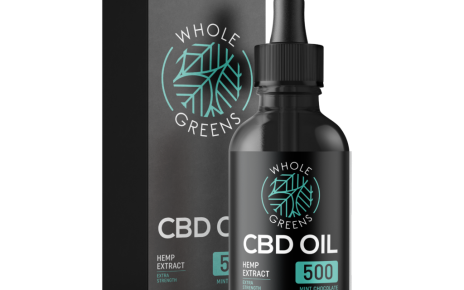In recent years, THCA flower has gained significant attention in the cannabis industry, particularly for its unique properties and potential benefits. Known for being a non-psychoactive compound that turns into THC when heated, THCA offers a different experience compared to regular cannabis products. With the growing demand for the strongest THCA flower, consumers are seeking out its distinct effects, and cultivators are responding by producing high-quality strains. But what exactly sets THCA apart from the rest of the cannabis market?
Understanding THCA: The Basics
THCA, or tetrahydrocannabinolic acid, is the precursor to THC, the well-known psychoactive compound in cannabis. Unlike THC, THCA is not intoxicating, making it an attractive option for those seeking the therapeutic benefits of cannabis without the “high.” THCA is abundant in raw cannabis plants, but it must undergo a process called decarboxylation (usually through heat) to convert into THC. This makes THCA flower a versatile product that can be consumed in various forms, offering a broader range of potential benefits.
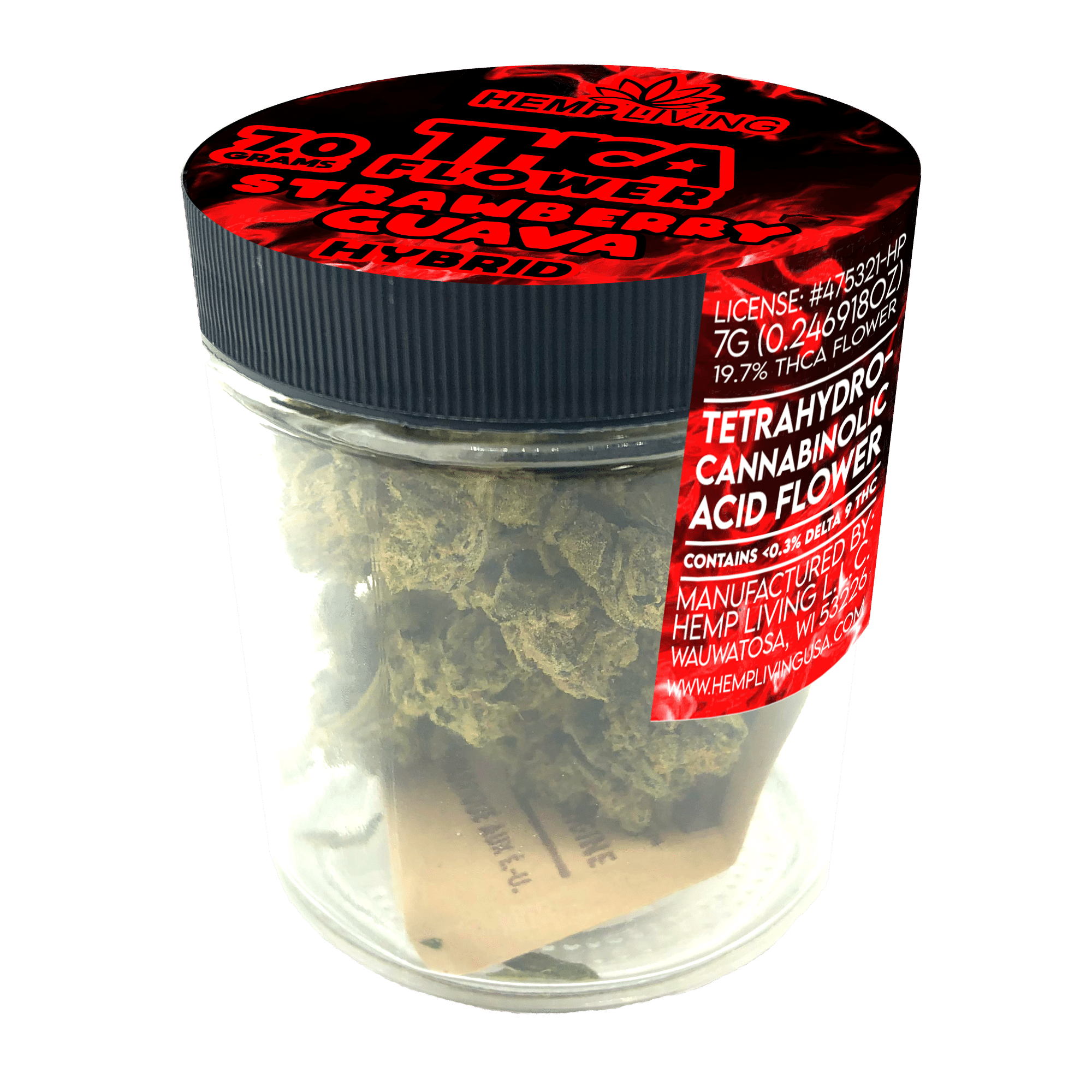
The Rise of THCA Flower in Cannabis Markets
THCA flower has become increasingly popular among cannabis enthusiasts and medical users alike. As more people learn about its non-psychoactive nature, its appeal has grown. The strongest THCA flower strains, with their high concentrations of THCA, have become particularly sought after for their therapeutic potential. Consumers looking for a cannabis product that offers benefits such as anti-inflammatory effects, pain relief, and relaxation, without the mental fog typically associated with THC, are gravitating toward THCA products.
Key Benefits of THCA Flower
- Anti-Inflammatory and Pain Relief: One of the standout qualities of THCA flower is its potential to help reduce inflammation and alleviate pain. Research suggests that THCA may interact with the body’s endocannabinoid system to provide these effects, making it a natural option for those dealing with conditions like arthritis or chronic pain.
- Neuroprotective Qualities: Studies also show that THCA could have neuroprotective properties, meaning it might help protect brain cells from damage and reduce the risk of neurodegenerative diseases such as Alzheimer’s and Parkinson’s.
- Mood Stabilizer: Although THCA is not psychoactive, it may have mood-enhancing properties. Many users report feeling more relaxed and balanced when using THCA, making it an excellent option for those who want to experience the calming effects of cannabis without feeling overly sedated or high.
- Appetite Stimulation: THCA may also play a role in stimulating appetite, which is particularly beneficial for individuals undergoing treatments like chemotherapy or those who suffer from conditions that reduce appetite.
THCA Flower vs. THC Flower: What’s the Difference?
While both THCA and THC are derived from the cannabis plant, they differ significantly in their effects. THC is known for its psychoactive properties, which cause the familiar “high” that most cannabis users seek. In contrast, THCA does not have any intoxicating effects when consumed in its raw form. This makes THCA flower a more appealing choice for medical users who are looking to experience the therapeutic effects of cannabis without the altered state of mind caused by THC.
Additionally, THCA is often considered safer for regular use since it does not lead to the tolerance buildup associated with THC, meaning users can benefit from its effects without needing to increase their dose over time.
How to Use THCA Flower
THCA flower can be consumed in several ways, depending on personal preferences. Some users opt to consume it raw, in its unheated form, for its potential therapeutic benefits. Others may choose to decarboxylate the flower by applying heat (such as through smoking or vaping), which activates the THCA, turning it into THC.
For those who want to enjoy the effects of THCA without the risk of getting too high, a raw or minimally heated form is ideal. It can be added to smoothies, juices, or salads for a more holistic experience. For a more traditional cannabis experience, smoking or vaping THCA flower will allow for a smoother transition into its THC form.
The Cultivation of THCA Flower: A New Trend in Cannabis Farming
Cannabis cultivators are beginning to focus more on growing THCA-rich strains, given the increasing demand for high-quality THCA flower. The process of cultivating these plants requires specific attention to detail, as factors like genetics, growing conditions, and harvesting methods influence THCA levels. Growers are carefully selecting strains known for their high THCA content and using advanced cultivation techniques to maximize the concentration of this cannabinoid.
As the popularity of THCA flower continues to rise, cultivators are experimenting with crossbreeding and refining cultivation techniques to produce even stronger and more effective strains, pushing the limits of what’s possible in cannabis farming.
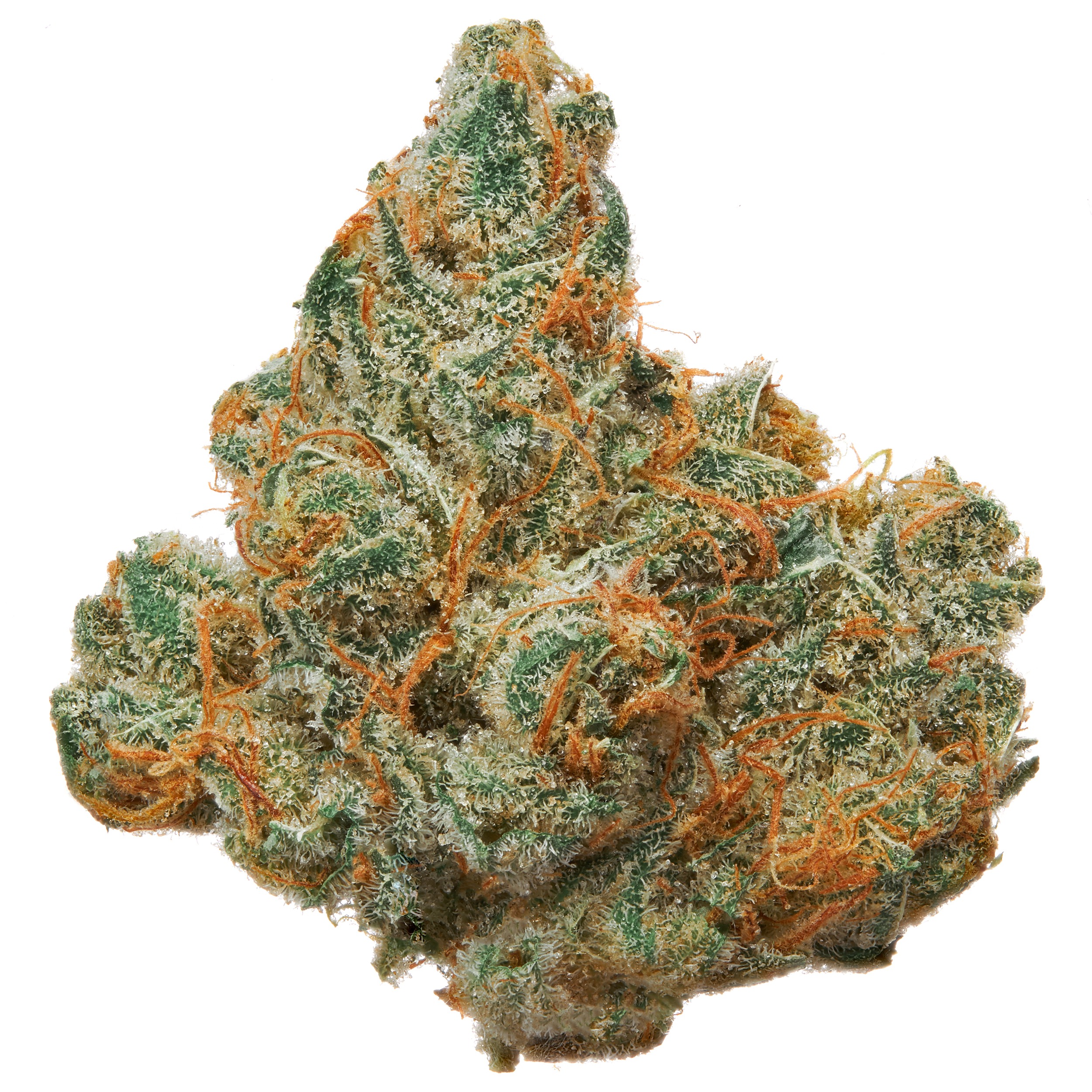
The Legal Landscape and THCA Flower
The legal status of THCA is an important consideration for consumers. In some jurisdictions, THCA is still legal because it is not psychoactive and does not meet the definition of THC under local laws. However, in other areas, any cannabis product containing THC or its precursor, THCA, may be subject to legal restrictions. Consumers must research local laws before purchasing THCA flowers to ensure compliance.
Conclusion
THCA flower stands out in the cannabis market due to its non-psychoactive nature and its potential to offer a range of therapeutic benefits. With growing interest in cannabis products that provide relief without the high, THCA is carving a niche in the industry. As the strongest THCA flower strains become more readily available, consumers are discovering a new way to enjoy the benefits of cannabis without the mental effects of traditional THC. Whether for medical or recreational purposes, THCA flower is likely to play an increasingly important role in the future of cannabis.
